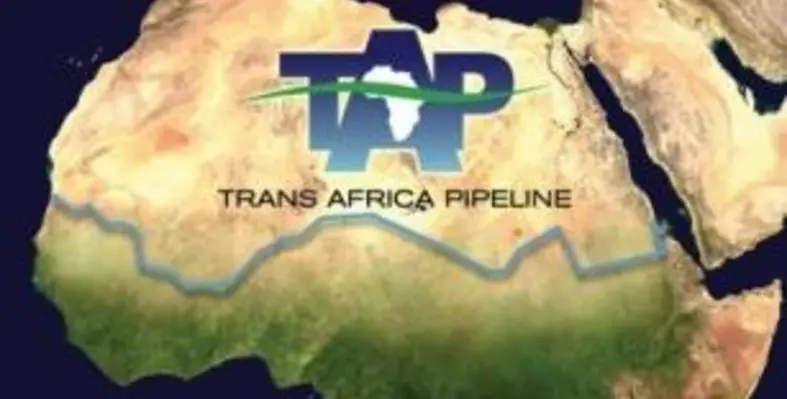Trans Africa Pipeline (TAP), the largest, humanitarian civil engineering project of the 21st century involves the construction of an 8,000 km, fresh water pipeline crossing 11 countries in the Sahel region of Africa
Augusta Industries provided an update on the Trans Africa Pipeline group project looking to construct the fresh water pipeline on 8 December. Augusta will be providing TAP. with non-intrusive sensing equipment which will verify the integrity of the pipeline composite at key locations. In addition to this, they will also provide a number of optical based sensing technologies which would allow T.A.P. to monitor the right of way zones from possible third-party intrusions.
Looking back on the project so far, TAP hosted a meeting in October 2016 in Toronto, where delegates for the Ministry of Foreign Affairs and Cooperation of Mauritania met in the presence of Her Excellency Mdm. Khadijetou Mbareck Fall.
TAP progress was discussed, as well as the collaborative role that the Mauritanian government can play, and the possibility of establishing an office in Nouakchott to liaise with the government there.
In early 2017, TAP are to negotiating Memorandum of Understanding's with Sudan, Djibouti and Senegal in order to discuss the construction of desalination plants across the length of the pipeline. The plans are to have four desalination plants with supporting infrastructure, with two on each coast, to provide 800,000 cubic metres of water per day when fully operational.
The Trans Africa Pipeline project involves constructing an 8,000 km. fresh water pipeline (1.2 m to 1.5 m diameter) crossing 11 countries in the Sahel region of Africa.
According to TAP's website, the plan consists of crossing this huge span of span, across 11 members countries. "The Sahel area of Africa, which includes all 11 member countries of PAGGW, is a semi-arid region of north central Africa stretching in the west from Mauritania and Senegal on the Atlantic ocean to Eritrea and Ethiopia in the east, on the coast of the Red Sea. The Sahel is a transition zone between the encroaching Sahara desert north and the more humid and productive areas south. TAP consists of two pipeline sections, each 4,000 km. long, running from both the east and west coasts to a mid-point terminus in Chad. Fresh water will be produced from four solar-powered desalination plants, two on each coast. Each desalination plant will produce 200,000 cubic meters of fresh water per day, stored in regional tank farms along the route."












